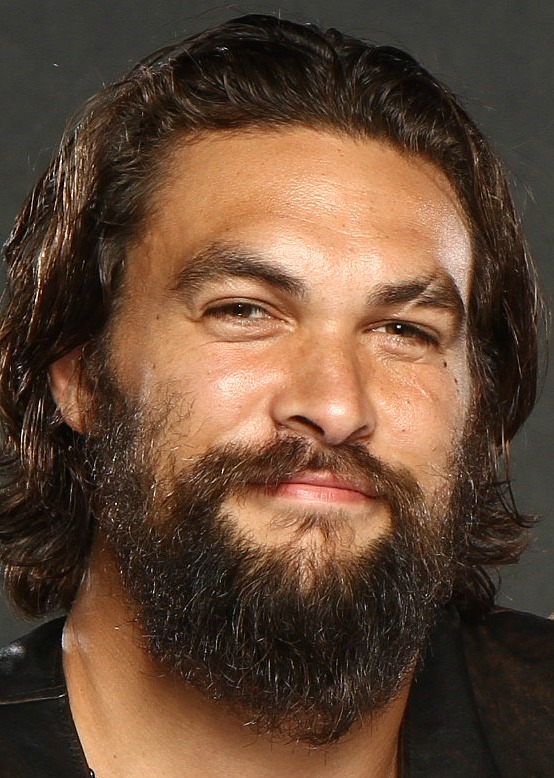"Memortality," the movie: Hypothetical casting call
Stephen H. Provost
No one has signed up to make a movie about Memortality (at least not yet!), but authors are often asked whom they’d choose to play various roles if someone requested film rights.
Daisy Ridley
As a movie buff, I thought it would be fun to cast a hypothetical Memortality feature film. The result would be so far over budget it would likely never get made because I chose a lot of big-budget stars. Not to mention the fact that many of them probably wouldn’t be the right age anymore by the time such a hypothetical film got made.
But who cares? As I said, it’s hypothetical, so why not have fun with it? Here are my choices as of May 2017. Feel free to chime in with your own suggestions.
Minerva: Not only does she look like the Minerva I envisioned, but Daisy Ridley’s performance as Rey in Star Wars: The Force Awakens went a long way toward Minerva’s toughness and determination.
Raven: This one was perhaps the hardest for me. I envision someone who’s heroic but vulnerable who can play off Minerva’s character well. I don’t see a Hollywood “hunk” in the role. A couple of possibilities occurred to me: Logan Lerman, who played Percy Jackson, and Eddie Redmayne from Fantastic Beasts. I’m definitely open to suggestions on this one, though, as long as they don’t include Robert Pattison (who’s too old now, anyway) or Channing Tatum.
Hugh Jackman
Carson: The actor I really want for this, Liam Neeson, is probably a tad long in the tooth, but otherwise, I think he’d be great in the role. He’s got the whole intense-but-wounded-and-refusing-to-show-it thing down pat, which is what Carson’s all about. Given Neeson’s age, I’d probably go with Hugh Jackman, Gerard Butler or Russell Crowe. Jackman's Wolverine remains the definitive X-Men character, and since Minerva and Raven are similar to mutants, casting Jackman in the role just seems to make sense. But I think they’d all be great. I can just picture Butler shouting, "This is Los Angeles!" Well, maybe not. But Crowe's "What we do in life echoes in eternity," would fit nicely.
Jules: Scarlet Johansson, in her red-haired incarnation, came to mind here, largely based on her portrayal of Black Widow in the Avengers series. She’s knows how to play dangerous and volatile. I think she’d be perfect.
Josef: Christoph Waltz. If you’ve seen this guy’s performances in Django Unchained and Inglourious Basterds, you won’t have to ask why he’s perfect for the role of a sociopathic mad scientist with aspirations to grandeur that may be more than delusions. Besides, apart from the gap-toothed smile, he really looks the part … and Hollywood makeup artists could make the tooth problem disappear (or appear?) without a problem.
Amber: Jennifer Lawrence. Amber is basically an uber-achiever, and Lawrence just fits that role for me.
Henry: Tom Hiddleston would bring the perfect British sensibility to the role of the physician who finds himself caught up in something he neither wanted nor imagined.
Jessica: I’m not sure why I think Cameron Diaz would do a great job playing a thoroughly unlikable, self-centered, chain-smoking woman on the make. But I do.
Mark Wahlberg, Christoph Waltz, Scarlett Johansson, TomHiddleston and Betty White
Jimmy Corbet: Mark Wahlberg’s Boston tough-guy would fit this role pretty well, I think. Or maybe it’s just because the character’s name (and believe it or not, I just realized this) is almost identical to that of turn-of-the-century heavyweight champ James J. Corbett … and Wahlberg once played Irish Mickey Ward in a film called The Fighter. It certainly is not because he was in a mediocre Planet of the Apes remake or because he started his career as a singer called Marky Mark.
Sharon Corbet: I think Jennifer Connelly, who won an Oscar for A Beautiful Mind, would do well in this role, even though the character wouldn’t get much screen time.
Mary Lou Corbet: Betty White. Because, Betty White.
Jason Momoa
Actors I’d love to cast but don’t really fit any of the characters include Robert Downey Jr., Bradley Cooper and the late Alan Rickman, who would have given Waltz a run for his money as Josef (even so, I think I still would have chosen Waltz for this particular role). I might have roles for Cooper and Downey in the sequel, though, and Jason Momoa would be perfect for another character introduced in the second installment. There’s also Idris Elba and Denzel Washington, either of whom would do well as a character in the third book, which I’m writing now.
Who would they play? I'm not giving that away. You'll have to wait until the sequel comes out early in 2018. Then have fun guessing!




